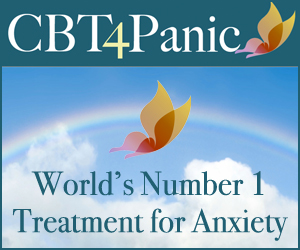What are the main cause of memory loss?
Memory loss can be caused by a variety of factors, ranging from medical conditions to lifestyle choices. Here are some of the main causes:
- Aging: Normal aging can cause mild memory loss, but significant memory loss is not a normal part of aging.
- Medical Conditions:
- Alzheimer’s Disease: A progressive disease that causes brain cells to degenerate and die.
- Dementia: A group of conditions characterized by impairment of at least two brain functions, such as memory loss and judgment.
- Stroke: Damage to the brain from interruption of its blood supply can lead to memory loss.
- Head Injuries: Trauma to the brain from a fall or accident can cause memory problems.
- Brain Infections: Encephalitis and other infections can damage the brain and affect memory.
- Mental Health Conditions: Depression, anxiety, and other mental health issues can impact memory.
- Medications: Certain medications can cause memory loss as a side effect, including:
- Sedatives and tranquilizers
- Antidepressants
- Antihistamines
- Muscle relaxants
- Substance Abuse: Excessive use of alcohol, drugs, or smoking can impair memory.
- Sleep Deprivation: Poor sleep quality or quantity can interfere with the brain’s ability to consolidate and recall information.
- Nutritional Deficiencies: Deficiencies in vitamins B1 (thiamine) and B12 can affect memory.
- Chronic Illnesses: Conditions like diabetes, hypertension, and chronic stress can impact cognitive function and memory.
- Thyroid Problems: Both hypothyroidism and hyperthyroidism can cause memory problems.
- Neurological Conditions: Conditions like Parkinson’s disease and multiple sclerosis can affect memory.
- Stress and Anxiety: High levels of stress and anxiety can interfere with attention and the ability to form new memories.
- Vitamin Deficiencies: Lack of sufficient vitamins, such as B12 and D, can affect memory function.



